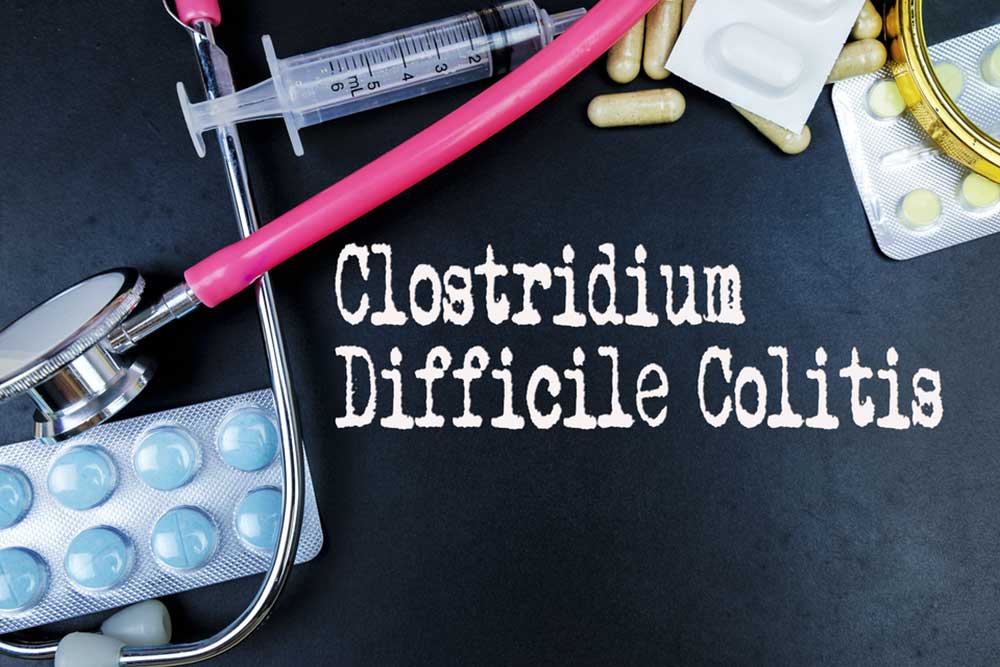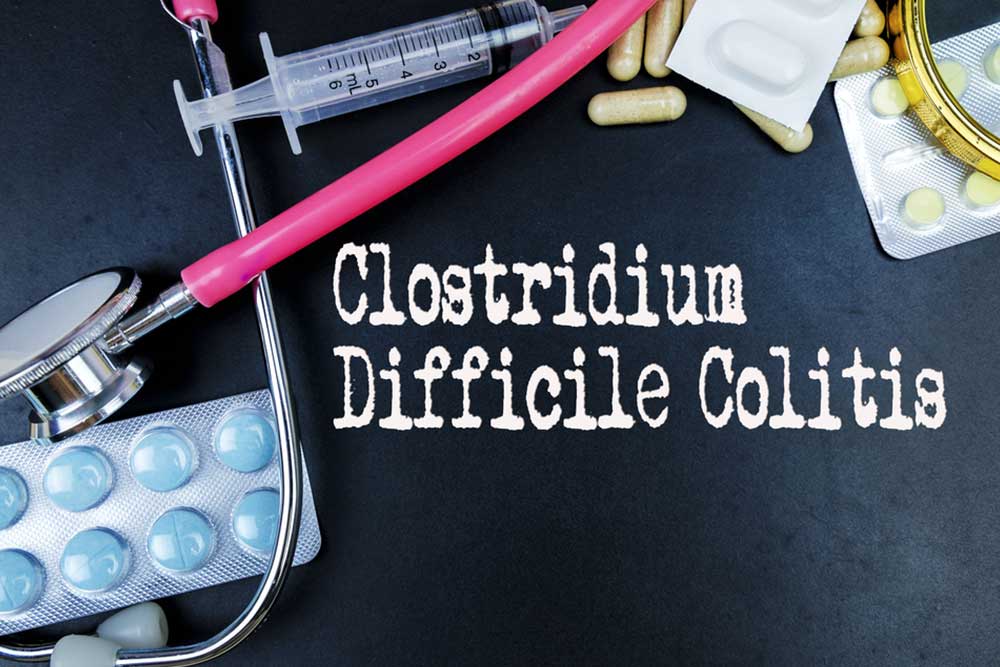Signs and Symptoms of C. Difficile Infection
This article explores the common signs and symptoms of C. diff infections, highlighting early mild symptoms and severe complications. Recognizing these signs promptly can aid in effective treatment and reduce health risks. Rising cases among broader populations underscore the importance of awareness and early diagnosis.
Sponsored

Clostridium difficile, often called C. diff, is a harmful bacterial pathogen responsible for serious health issues, especially among older adults in healthcare settings. While antibiotics often trigger this infection, recent research indicates rising cases among healthier, younger individuals with no prior antibiotic exposure or healthcare contact. Annually, nearly half a million people face C. diff infections, which are becoming increasingly severe and challenging to treat.
Understanding the symptoms can lead to early detection and treatment.
Early or Mild Symptoms
Carriers of C. diff bacteria may remain asymptomatic. When symptoms emerge, usually within 5 to 10 days after starting antibiotics, they can sometimes appear months later. Early signs include:
Frequent watery diarrhea, possibly three or more times daily over two days
mild abdominal cramps and tenderness.
Severe C. Diff Cases
When the infection escalates, individuals may face dehydration and hospitalization. Severe inflammation can cause patchy tissue damage, bleeding, or pseudomembranous colitis. Symptoms include:
Severe dehydration
Nausea and vomiting
Noticeable weight loss
Loss of appetite
Swollen abdomen
Fever and chills
Rapid heartbeat
Frequent bouts of diarrhea, sometimes 10–15 times daily
Elevated white blood cell count
Post-antibiotics, loose stools may persist, especially if caused by C. diff. Persistent watery diarrhea—three or more times a day for over two days—requires medical attention, as it is a key infection indicator.






